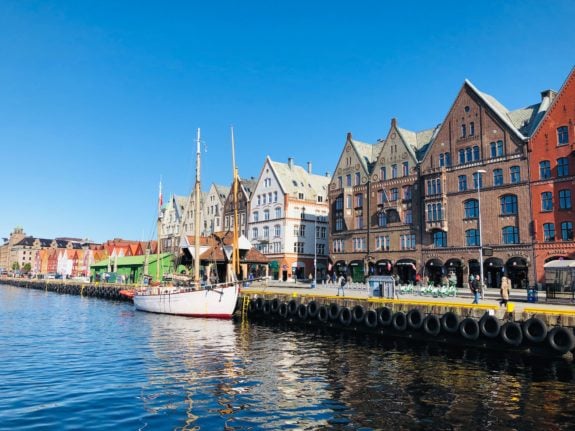Earlier this week, the government unveiled plans for new taxes on fish farming and energy production. The basic interest tax on hydropower will be increased from 37 to 45 per cent if proposals are given the green light by parliament.
“The community needs greater income in the coming years so that we can together protect good welfare for all. After many years of increased inequality, it is absolutely necessary that those who have the most, and in many cases have received significantly more in recent years, contribute more,” Prime Minister Jonas Gahr Støre said at a press conference.
Bergen and Oslo may lose out on income as a new energy tax will hit the bottom lines of electricity companies owned by local authorities in Oslo and Bergen. In turn, this may affect the municipal budgets of both cities.
Power firm Eviny estimates that it will have to pay an extra 2.5 billion kroner in tax in 2022 due to the government’s proposal for a tax increase for farming companies and electricity companies, Bergensavisen reports. Bergen Municipality holds 37.75 percent stake in Eviny.
“We have no idea the extent of these changes yet, but we must expect the yield to be reduced. The uncertainty is a disturbing element in our budget planning,” Per-Arne Larsen, finance councillor with Bergen Municipality, told Bergenavisen.
In Oslo, the city council could feel the squeeze of the tax rule even more than in Bergen, as Oslo Municipality owns energy firm Hafslund in full.
Oslo City Council depends on its energy firm’s income to fund public spending. Finance councillor Einar Wilhelmsen told newspaper Avisa Oslo that if the proposed tax increase goes through, the municipality would need to rip up its budget for 2023 and start over.
Next week will see the state budget for 2023 announced. Municipalities will be waiting to see how much the government is willing to allocate to local authorities- as this may offset losses from the new energy tax.
READ ALSO: How much money do I need to live in Bergen?



 Please whitelist us to continue reading.
Please whitelist us to continue reading.
Member comments